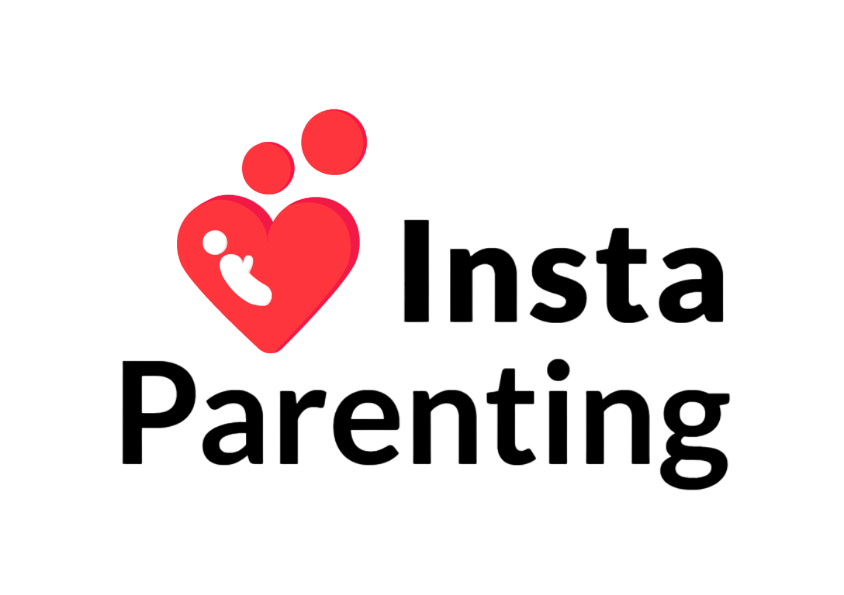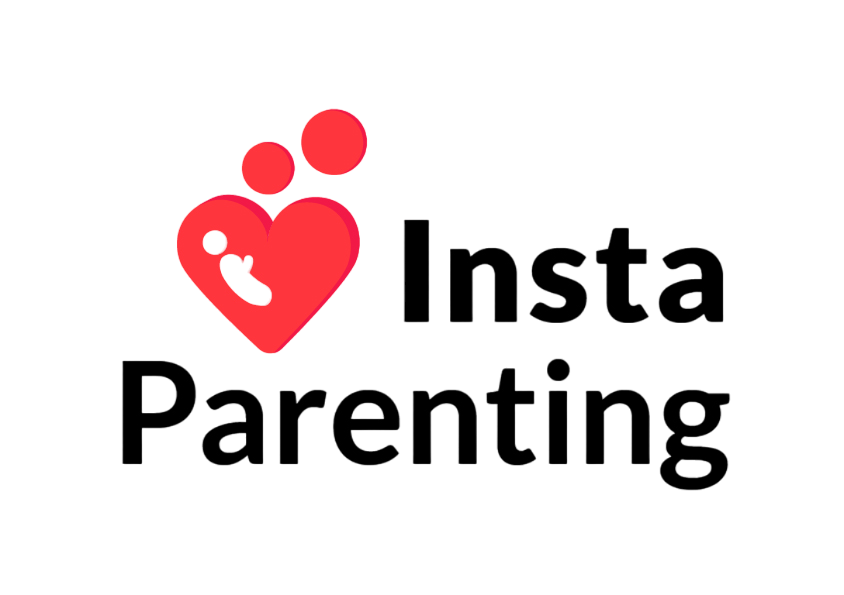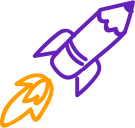Baby develops the fastest from birth to 1 year old. These changes take place across various domains of development i.e.
- Cognitive
- Physical (Fine and Gross Motor)
- Socio-emotional and
- Language.
Most children follow a certain pattern of growth and development or achieve certain skills/abilities at a particular stage in development. These are called developmental milestones. However, it is important to note that every child grows and develops at their own pace, and might achieve a few milestones faster or slower than usual. If you feel concerned about your child not achieving a milestone, contact your pediatrician or speak to our expert.
Did you know?
90% of a child’s brain development happens by the age of 6?
Cognitive Development:
- Begins to pay attention to voices
- Looks at faces keenly
- Begins to recognize familiar faces and voices
- Turns around to sounds and familiar voices
- Begins to observe surroundings
- Begins to follow or track things with their eyes
- Might cry/act fussy over a prolonged activity or when bored
- Starts to explore the movement of hands
- Shows interest in doing things (e.g. feeding)
- Begins to develop memory (e.g. recognizing faces that are seen regularly)
- Might get startled on hearing a loud noise. On getting startled, they might display the Moro/ Startle reflex where the child might throw their head backward, stretch and pull their arms back in.
Physical Development:
- Head and neck need support when lifted up, up to the first month.
- After the first month, begins to hold the head steady when carried.
- When on the tummy, begins to lift head and push up. Holds head up for a few seconds by 2 months.
- Begins to turn head to either side, when lying on their stomach.
- Brings hands to the mouth.
- Brings both hands together at the centre or midline of the body
- Opens and closes hands.
- Displays Palmar Grasp Reflex where they close their fist if something small is placed in their palm (e.g. finger or small toy)
- Makes smoother movements with arms and legs.
- Eyes might appear crossed sometimes.
- Applies pressure when feet touch a sturdy surface.
- Displays basic reflexes:
- Sucking Reflex (the child sucks anything that touches the roof of their mouth)
- Rooting Reflex (Baby turns their head towards anything that strokes their cheeks. This usually turns into voluntary turning of the head by 3-4 weeks)
- Babinski Reflex (Stroking the sole of the foot causes the toes to spread outward)
- Tonic Neck Reflex (When lying on the back, when the head is turned to one side, the arm on that side stretches out and the other arm bends at the elbow. This is also called ‘fencing position’.)
Socio-emotional Development:
- Begins to look at parent/caregiver.
- Calms down when a parent/caregiver comforts them.
- Enjoys being cuddled and touched.
- Begins to develop a smile at around 5-7 weeks.
- Smiles when they see a familiar face.
- Starts to laugh at around 2 months.
- Might try to calm themselves briefly by sucking on hand.
- Tries to imitate some facial expressions.
Language Development:
- Cries to communicate and has a different cry for various needs (e.g. hunger, change of diaper, fatigue, etc.)
- Begins to make or imitate a variety of sounds (e.g., coos, gurgles)
Feeding and Sleeping Information:
- Feeds about 8-12 times a day.
- Attaches well onto the nipple to suck and feeds in a ‘suck – swallow – breathe’ pattern.
- Sleeps for a significant part of the day (about 16-20 hours).
- Sleeps for a significant part of the day (about 16-20 hours).
Did you know?
Research reveals that – every $1 invested in an early childhood program can yield $4-$16 in returns.
Helps your child achieve the above milestones through simple at home activities for 0-3 months old. Subscribe to Jyppzer Kids Plan Today!





